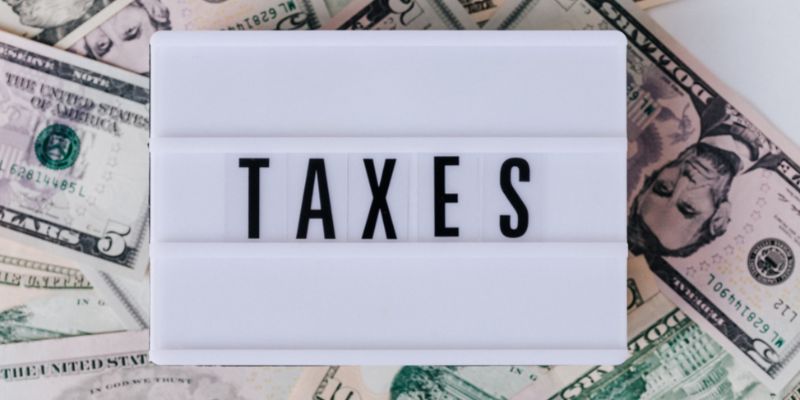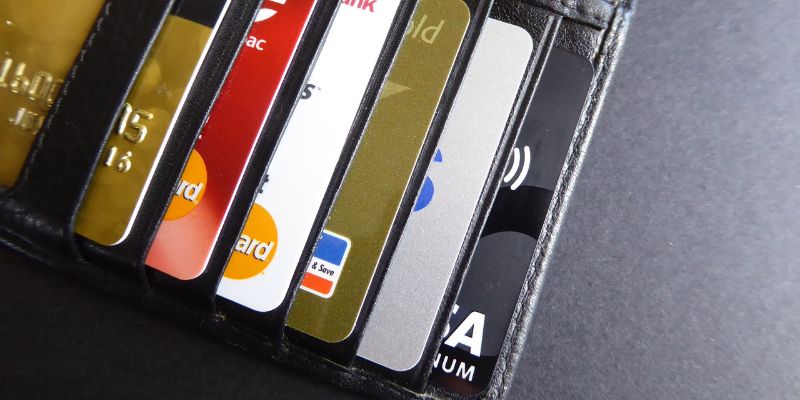Nowadays, one of the most common aspirations is to launch their own business. Finally, the restrictions of working a full-time job no longer apply to you. Self-employment grants its practitioners complete control over their schedules.
You can participate in a significantly greater variety of activities, some of which you might not have been able to do while you were still employed. However, there are not always only joyful times involved. To take advantage of all that being self-employed has to offer, you have to be willing to put in a lot of effort.
You are now responsible for all that comes with being the leader of an organization, including things like determining salaries, filing taxes, and other administrative tasks. As a self-employed person, you probably don't want to put yourself through all the hassle of being penalized with tax penalties.
In addition to being a nuisance, processing your taxes may become more difficult. Continue reading for suggestions to help lower the tax penalties associated with working for yourself.

How To Reduce Self-Employed Tax Penalties
Don't Underpay Your Taxes
You risk a penalty if you pay less than the required taxes, unintentionally or on purpose. It could be one of the primary causes. Under no circumstances should you evade or underpay your taxes, regardless of how difficult the current economic climate may be for your company.
If you are found doing so, you may find that the amount of the penalty you are required to pay is greater than the amount of the relevant tax you would have been required to pay. To avoid penalties for underpayment of taxes, taxpayers must typically pay at least 90% of their taxes due in any given year and 100% of their tax liabilities from the year before the underpayment was made.
Don't Mix Personal And Business Funds
You may find it easier to keep track of your financial transactions if you open a company bank account as well as a credit card account for the business. Also, make it easier to calculate the taxes you owe quarterly.
When paying taxes, this might serve as evidence of the costs incurred by the business. It is simpler than having to search through a pile of paper receipts while filing your taxes, and it is much easier to check back through if there is a problem regarding the charges.
Make a Self-Employment Tax Deduction
When filing your taxes as a sole proprietor, you can take advantage of certain tax breaks. You need to keep track of your deductions carefully to avoid fines. It occurs when you falsely believe that a lower tax rate applies to you.
The fact that they are still counted as payables indicates that the corresponding deductions weren't submitted on time. It could result in a greater tax bill for you. Penalties may be assessed against you because of the amount you paid less, even though those penalties should never have existed, to begin with.
The self-employment tax, which includes Medicare and social security contributions, is one of the most prevalent deductions. You may be able to minimize your tax liability and hence avoid a penalty by taking the appropriate deductions.
Track Your Money Flows Over Time
If you don't keep a continuous tally of your income and pay your anticipated tax properly, you can be in for a rude awakening when it comes time to file your taxes. You should determine whether you should raise or cut your quarterly payments by computing your income at the end of each quarter and using this information as a basis for your decision.
Utilize that specific checking account for the deposits of your business's income. Reviewing the records of your online bank to keep a running tally will take a couple of minutes.
Avoid Dodging Your Tax Duties
It is a fallacy to believe that it is acceptable to pay the penalty to get out of the stressful situation of the tax season. Alternatively, you could hold out and see how things play out. Never entertain a thought like that under any circumstances.
Instead of rationalizing it away as something fine and acceptable, It is in your best interest to face the fact that the cost of the penalty is never worth it. You might be able to postpone all payments until the beginning of your tax season.
Avoiding tax payments would only result in more fines being assessed against you. Considering everything, you might have put a few hundred dollars into an account for savings, at the very least.
Overestimate Your Quarterly Tax Payment
If you underpay your taxes significantly, you may be subject to a hefty penalty. If you don't make it, you'll have to pay a penalty of about. The 5 percent of the total amount remains due each month or a fraction of a month when the tax is late.
If your quarterly payment is not paid in full by the due date, interest will be assessed on the amount you owe from the due date until the payment date. Each quarter, the IRS determines the interest rate for individual taxpayers by adding three percentage points to the federal short-term fund's rate.
Underpayment penalties may vary depending on whether they apply to the first or third quarter of a given tax year. Overestimate your quarterly tax payment if you have doubts about how much to pay. Long-term, you won't have to worry about losing money. File for a refund when you do your taxes.

Conclusion:
It is higher than the tax people are accustomed to paying for Social Security and Medicare. The self-employment tax frequently surprises people when they begin working for themselves. Taxes are typically more expensive for people who work for themselves. Nevertheless, you can minimize the overall tax burden that you are responsible for by deducting half of your self-employment tax and writing off self-employment tax deductions that apply to your finances and your firm.





